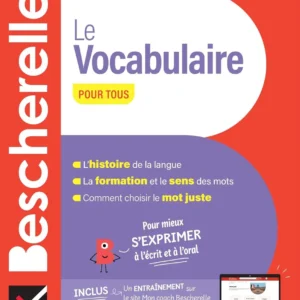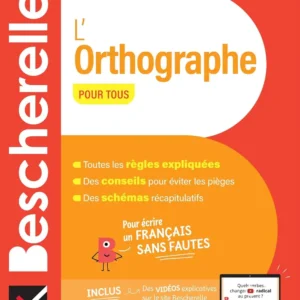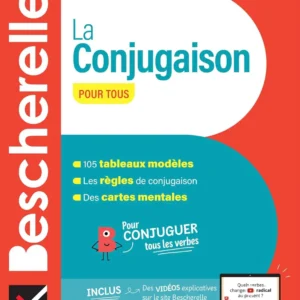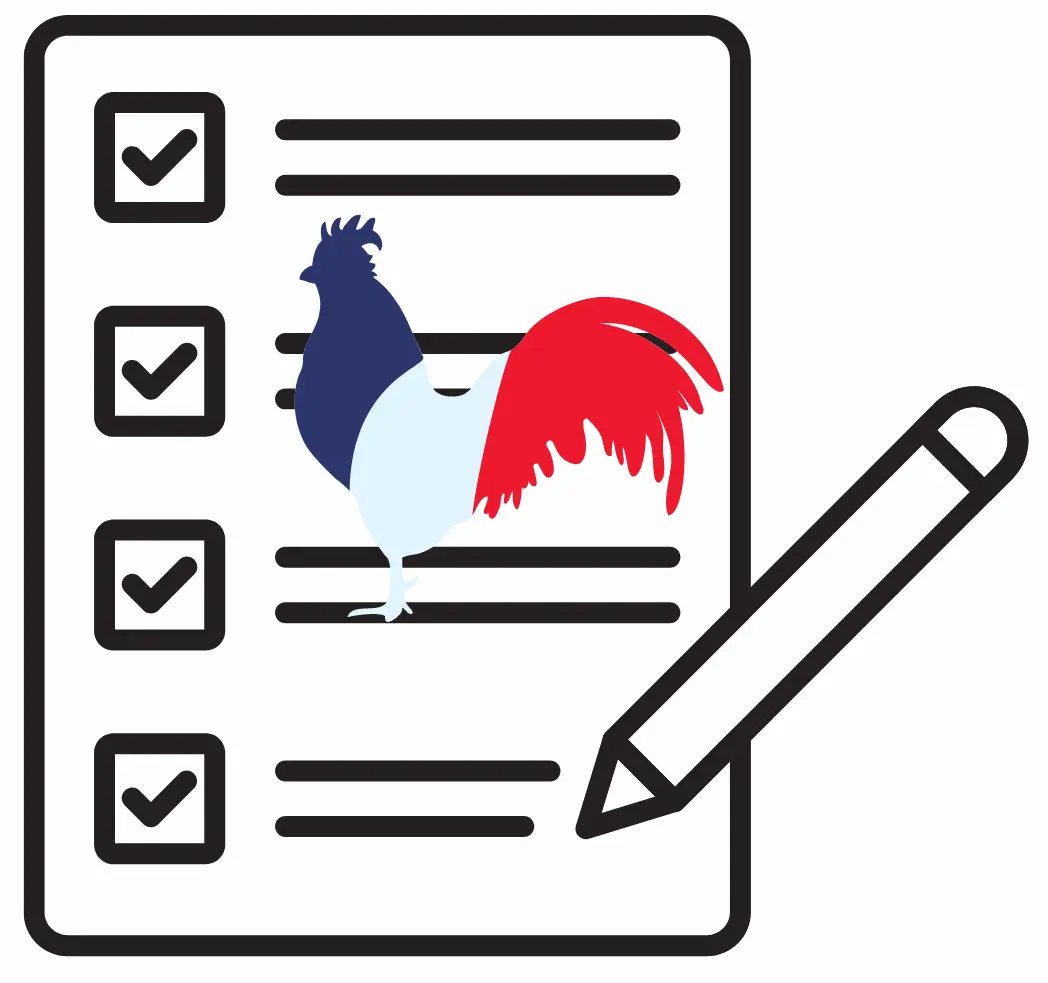The 10 Most Common Mistakes in French (And How to Avoid Them)
Learning French can be both exciting and challenging. Along the way, it’s easy to make small mistakes—some of them so common that even native speakers slip up now and then. But don’t worry! In this article, we’ll explore 10 classic mistakes French learners often make, and more importantly, how to correct them.
Test Your Knowledge: Take the Free Quiz at the End!
And here’s the fun part — once you’ve gone through all 10 common French mistakes and their explanations, you’ll get the chance to test your new knowledge with a free interactive quiz! It’s a short and simple way to see how much you’ve remembered and where you might still need a bit of practice. The quiz includes 10 carefully chosen questions based on the examples in this article, and you’ll get your score instantly.
So make sure to read all the way through, take notes if needed, and challenge yourself at the end. You might be surprised at how much you’ve improved! Plus, don’t forget to share your score in the comments of the YouTube video —we love seeing your progress and cheering you on.
Common French Mistake 1: “Je la donne une fleur.”
Why it’s wrong:
You’re using the wrong type of pronoun. “La” is a direct object pronoun, but here you need an indirect object.
Correct version:
Je lui donne une fleur.
Explanation:
-
“Je donne une fleur à Léa” → “à Léa” is an indirect object.
-
So we replace “à Léa” with “lui”: Je lui donne une fleur.
-
Use “la” only for direct objects: Je vois Léa → Je la vois.
Common French Mistake 2: “Je vais au dentiste.”
Why it’s wrong:
The preposition “au” is incorrect when referring to a person.
Correct version:
Je vais chez le dentiste.
Explanation:
-
Use chez when going to someone’s professional location:
-
chez le médecin, chez le coiffeur
-
-
Use au / à la only for public places:
-
au marché, à la piscine
-
Common French Mistake 3: “Tu apportes ton ami à la fête.”
Why it’s wrong:
You’re using apporter, which is for objects or animals.
Correct version:
Tu amènes ton ami à la fête.
Explanation:
-
Amener = to bring someone
-
Apporter = to bring something or an animal
Examples: -
J’apporte un gâteau.
-
J’amène ma sœur.
Common French Mistake 4: “Ça me fait heureux.”
Why it’s wrong:
You’re translating directly from English (“It makes me happy”), but the structure is different in French.
Correct version:
Ça me rend heureux.
Explanation:
-
Use rendre + adjective:
-
Ça me rend triste / fier / heureux
-
-
Use faire with nouns or verbs:
-
Ça me fait peur (noun)
-
Ça me fait rire (verb)
-
Common French Mistake 5: “Si j’aurais des vacances, je pourrais voyager.”
Why it’s wrong:
You cannot use the conditional “aurais” after “si”.
Correct version:
Si j’avais des vacances, je pourrais voyager.
Explanation:
When the second verb is in the conditional, the first verb (after “si”) must be in the imperfect tense:
-
Si j’étais riche, je voyagerais.
-
Si j’avais le temps, je le ferais.
Common French Mistake 6: “J’habite en Canada.”
Why it’s wrong:
The preposition “en” is incorrect for masculine countries.
Correct version:
J’habite au Canada.
Explanation:
-
Use en for feminine countries: en France, en Espagne
-
Use au for masculine countries: au Japon, au Canada
-
Use aux for plural: aux États-Unis, aux Pays-Bas
Common French Mistake 7: “C’est un beau oiseau.”
Why it’s wrong:
“Beau” becomes “bel” before a masculine word that starts with a vowel or a silent “h”.
Correct version:
C’est un bel oiseau.
Explanation:
-
“beau” → “bel” before vowel or silent h:
-
un bel homme, un bel arbre
-
-
Same rule for:
-
nouveau → nouvel ami
-
vieux → vieil homme
-
Common French Mistake 8: “Tu parles bon français.”
Why it’s wrong:
You’re using “bon” instead of “bien”.
Correct version:
Tu parles bien français.
Explanation:
-
Use bon to describe nouns:
-
un bon gâteau, une bonne idée
-
-
Use bien to describe verbs or adjectives:
-
Elle chante bien.
-
Il est bien gentil.
-
Ready for a Challenge?
Now that you know these 10 common mistakes, why not test yourself? We’ve created a short quiz to help you check your understanding.
👉 Click here to take the test
(Don’t forget to share your score in the comments of the YouTube Video here!)
Final Tips
If this article helped you avoid some of those tricky common French mistakes, that’s just the beginning! Learning a language takes time, consistency, and the right tools—and we’re here to support you every step of the way.
Make sure to check out our YouTube channel, OuiTeach, where you’ll find dozens of fun, practical, and easy-to-follow videos to help you improve your French. Whether you’re just starting out or already at an intermediate level, our lessons are designed to boost your confidence and help you speak more naturally.
👉 Don’t forget to subscribe and hit the notification bell so you never miss a new video. We post regularly and always include clear explanations, examples, and sometimes even mini-quizzes to test your understanding.







